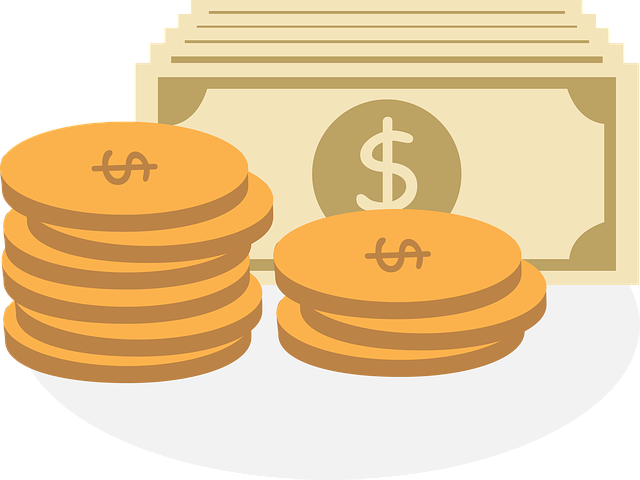As Kemmy Nola once said: “The beginning is always the hardest”. So, do not immediately quit on your dreams of becoming an investor. Consider these tips:
BUILD YOUR SAVINGS
Maintaining a robust savings pod is the initial step that you have to take before plunging into the world of investments. Your savings account will act as a cushion to help you handle unforeseen market shifts (e.g., fall of the Lehman Brothers). You do not want to lose all your retirement fund just because of a wrong investment move! Moreover, you cannot afford to risk your primary source of income due to your poor decisions as a newbie investor.
Commit to setting aside at least three to six months’ worth of your salary.
DO YOUR RESEARCH
The best way to fish in an unfamiliar territory is to widen your knowledge about it. Know the basics in investing by visiting your the nearby public library to borrow appropriate books. A few examples of the books you may find are “The Resilient Investor”, “Trading Options for Dummies”, and “7 Simple Strategies of Highly Effective Traders”.
You will realize that there are different types of investments to suit one’s preferences (i.e., preferences include risk tolerance). Read more about these and the firms that offer them. Do your homework beforehand to know where your money will go.

Image Credits: pixabay.com
ATTEND INFORMATIVE SEMINARS
Attending informative seminars will help you to absorb the theories and experiences of the experts who are way ahead of you in this field. Not many Singaporeans are aware that the Singapore Exchange (SGX) hosts several investment seminars. While some seminars cost over a thousand dollars, there are a number of free lessons available to the public. A good example is the upcoming talk entitled “Make Trading Your Source of Income”. For inquiries and reservation, please go to sgxacademy.com.
Another no-cost seminar that you can attend is Terence Tan’s “Get Rich Slowly, The Income Investing Way”. Terence Tan is the creator of the first Income Investing Programme in Asia-Pacific. This 2-hour workshop gives you a glimpse into the mind of some investors such as the renowned Warren Edward Buffett, to uncover the principles of income investing, and to determine the right stocks in 15 minutes or less. Furthermore, he will introduce you to his own methodology called Income Mastery Programme (IMP). Reserve a slot for the March 21st talk by visiting eventbrite.sg.
CHOOSE A BROKERAGE
A brokerage is a financial institution, which is authorized to trade securities for sellers and buyers. A budding investor has an array of options when choosing a firm to work with. Here are some of the local firms:
a. DBS Vickers Securities
b. Citibank Brokerage
c. OCBC Securities
These firms will help you to set up your first trading account. A trading account allows you to purchase shares from the companies in the stock market. Worry not about the account maintenance fees as they are generally non-existent.

Image Credits: pixabay.com
[DISCLAIMER: THIS ARTICLE DOES NOT TAKE PART IN ANY OFFER OR RECOMMENDATION, OR HAVE ANY REGARD TO THE INVESTMENT OBJECTIVES, FINANCIAL SITUATION OR NEEDS OF ANY SPECIFIC PERSON OR FIRM. BEFORE COMMITTING TO AN INVESTMENT, PLEASE SEEK ADVICE FROM A FINANCIAL OR OTHER PROFESSIONAL ADVISER.]










